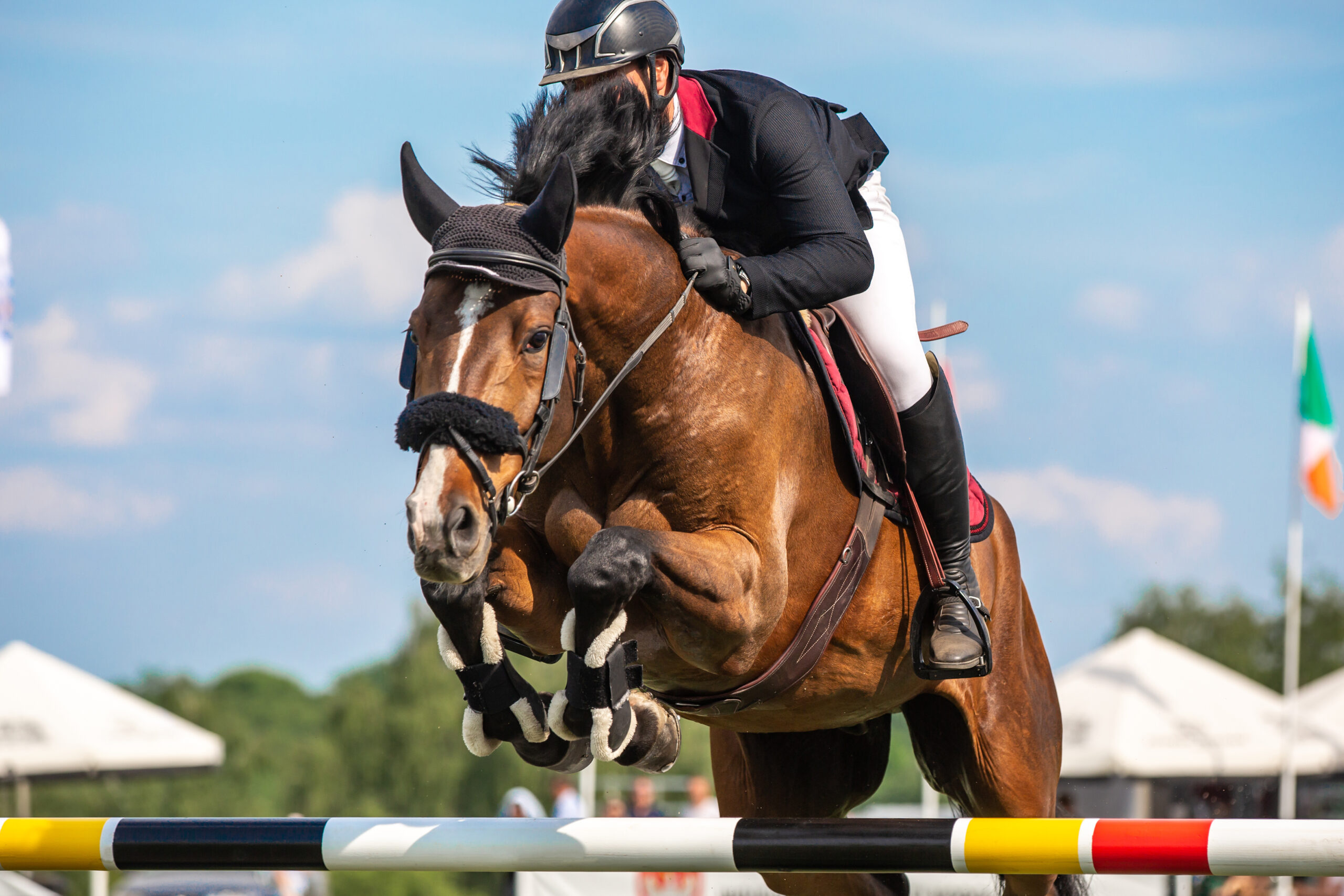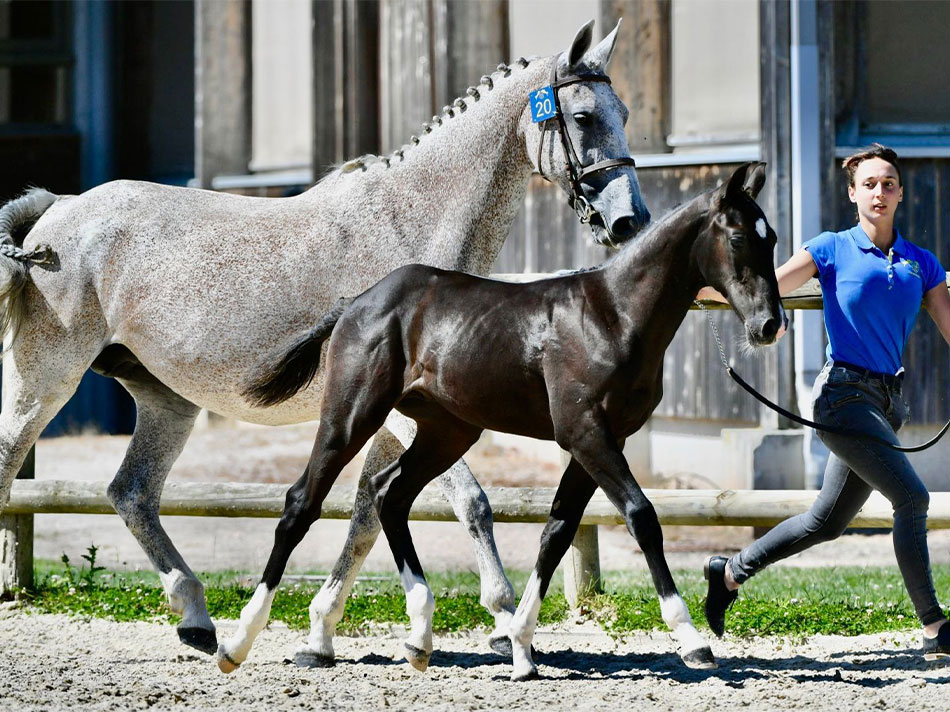- Accueil
- Sport horse ownership forms and organisations in France
Sport horse ownership forms and organisations in France
French law provides many different formats for multi-ownership of sports horses which enable people to make investments depending on their means and personal ambitions.
Multi-ownership is already a major way of investing and owning racehorses via several different contractual set-ups. The French equestrian world is currently developing co-ownership formats for sports horses to increase and promote equestrian sports.
The first and most familiar format is contractual co-ownership which is generally is governed by the French civil code and framed by agreement.
People enter co-ownerships for many varied reasons. For some, it is a way to invest and speculate on the sale of sport horses. For others, it is way to sponsor and create a partnership with a professional rider and go to horse shows as a horse owner.
Co-ownership means that each co-owner owns a certain percent of the horse but detains full property rights over the totality of the horse. Each co-owner has identical and competing property rights over the horse. Therefore, the French civil code provides one main rule, any unresolved dispute between co-owners may entail the dissolution of the co-ownership and therefore the sale of the horse.
The horse co-ownership set-up is framed by contract which details and regulates set-up and practical issues such as members of the co-ownership, horse expenses payments by the members and annual reporting. Co-owners generally have pre-emptive rights and validation in relation to share sales to third parties.
The co-ownership can designate a manager for day-to-day issues related to the horse and organise an annual general assembly for critical issues such as livery contracts and the sale of the animal.
Co-owners are registered on the horse’s registration card but only one of the co-owners can deal with making registration card updates.
Secondly, horses can also be directly owned by civil or companies in which horses made up of investing shareholders. Different civil and commercial company statuses, such as the SARL and the SAS limited liability companies can be used to own and invest in sport horses all the while creating tax optimisation opportunities for shareholders.
Depending on the type of corporate entity, shareholders are flexible in the type of rules implemented when managing and selling horses. Over the last couple of years, several corporate entities have been created under partnership agreements, such as Vivaldi Jumping (https://www.vivaldi-jumping.club/) , which invest in high level sport horses all the while creating a partnership and supporting professional riders in the development of their careers.



